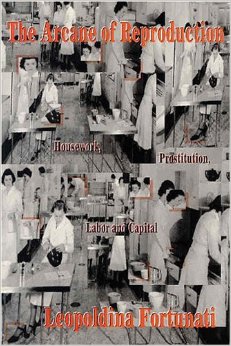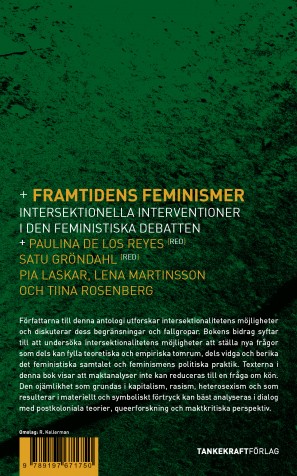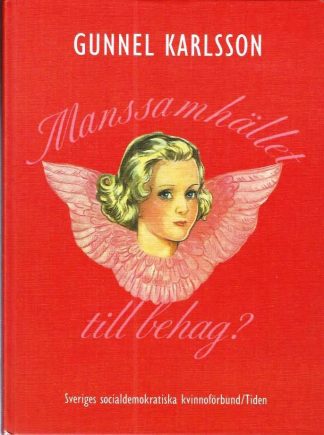Beskrivning
We are going to debate two texts which frame the feminist critique of labor within or against operaist Marxism: the second chapter of Leopoldina Fortunati’s ”The arcane of reproduction” and ”Dissolved Boundaries and Affective Labor” by Susanne Schultz , in which she criticizes Hardt’s and Negri’s theses on the transformation of the relationship between productive and reproductive labor. Mainly, she aims at deconstructing the argument formulated in ”Empire” that there is no difference between production and reproduction any more. After the real subsumption of society by capital any sort of activity would be equally productive, life and production would coincide. In contrast, she argues that the border between productive and reproductive labor has not been dissolved but displaced, especially through a feminization of labor in which reproductive labor has been made invisible within the patchwork activities of a flexibilized everyday life, and through a new international division of labor between women, in which migrant women as low paid houseworkers take over parts of the reproductive labor.
Fortunati’s text testifies to the historical grammar with which feminist authors have expanded Marxian terms in Italian workerism. The main argument in this short chapter consists of the productivity of reproduction and the dual character of the capitalist mode of production that posits itself as production of value and non-value
Fortunati assumes, that it is the positing of reproduction as non-value that enables both, production and reproduction, to function as the production of value, and it is the positing of reproduction as natural production that enables two workers to be exploited with one wage and the entire cost of reproduction to be unloaded onto the labor force.
Fortunati’s rigid and repetitive analysis of the connection that links reproduction with production through a mythological process of separation, naturalisation and gender specific individualisation is part of a theoretical and militant process that started when a group of women left Potere Operaio in 1971 and organised the nucleus of Lotta Femminista.
It exemplifies an operation with which all transcendental aspects of Marxism present in its language of immanence are transferred to a feminist critique of capitalism by extending them to reproduction, especially the idea of a historical law of value that is immanent to the social relations transforming relations of humans into relations of things.
One theoretical counter-dicourse would be a Foucauldian analysis, examining the family as local centre of power in which the sexual is distributed and intensified, ascetism as mechanism to intensify sexual pleasure, homosexuality as invention that is coextensive to heteronormativity within a process of surveilling, mapping and inciting perversions in the body.
Leopoldina Fortunati: The Arcane of Reproduction, Housework, Prostitution, Labor and Capital (Chapter 2: The Kingdom of Nature), New York: Autonomedia, 1995, pp. 17-27
Susanne Schultz: Dissolved Boundaries and Affective Labor. On the Disappearance of Reproductive Labor and Feminist Critique in Empire. In Capitalism Nature Socialism, Vol. 17, No. 1 (March 2006), pp. 77-82




